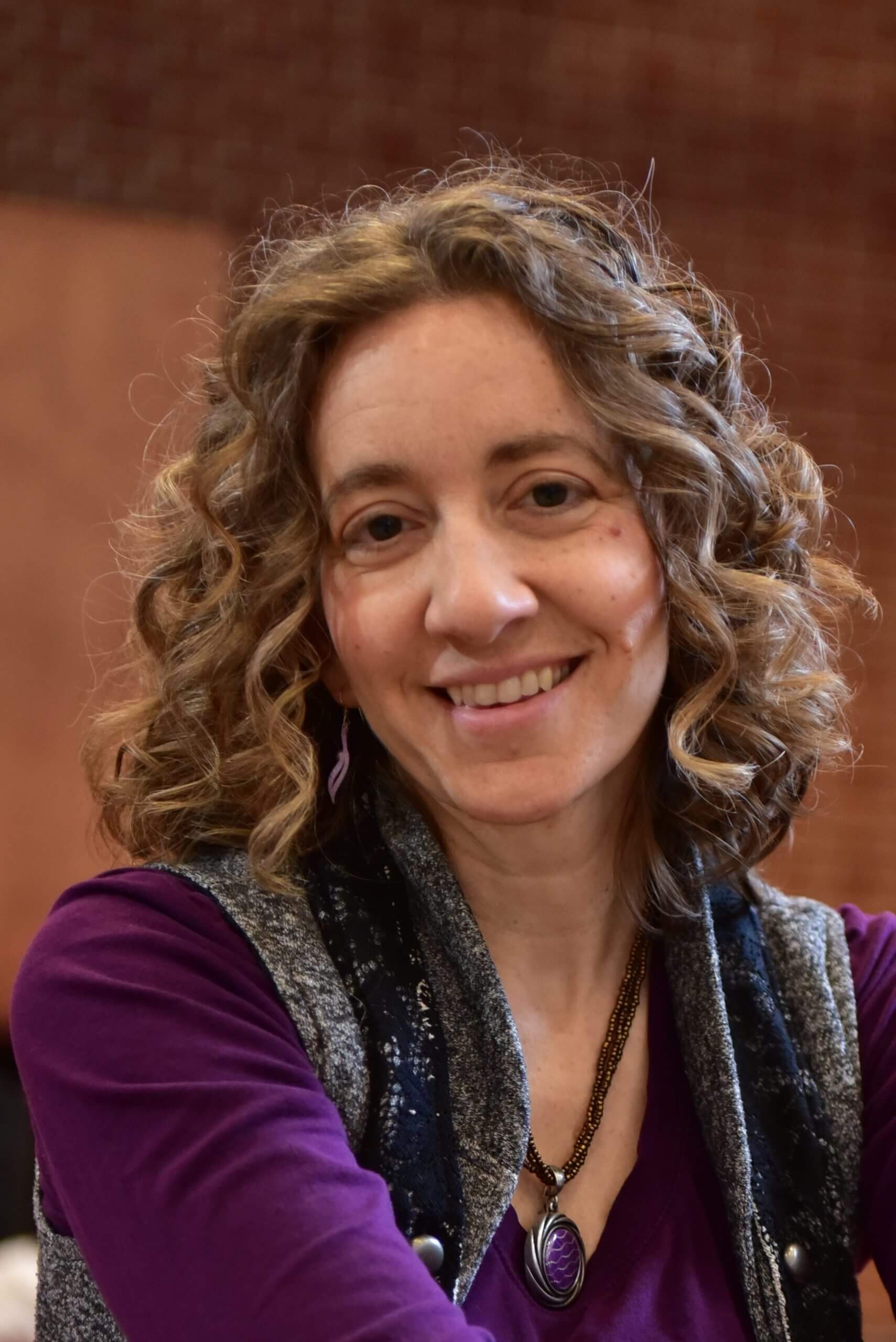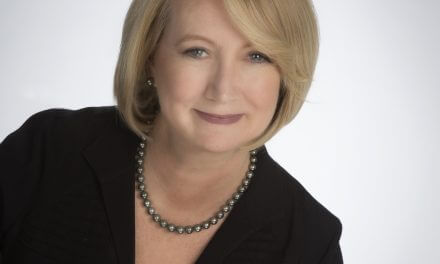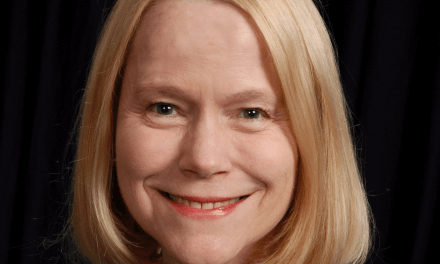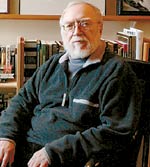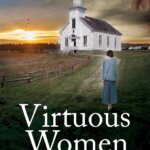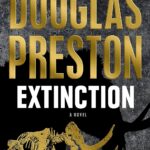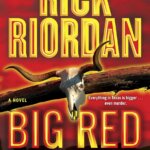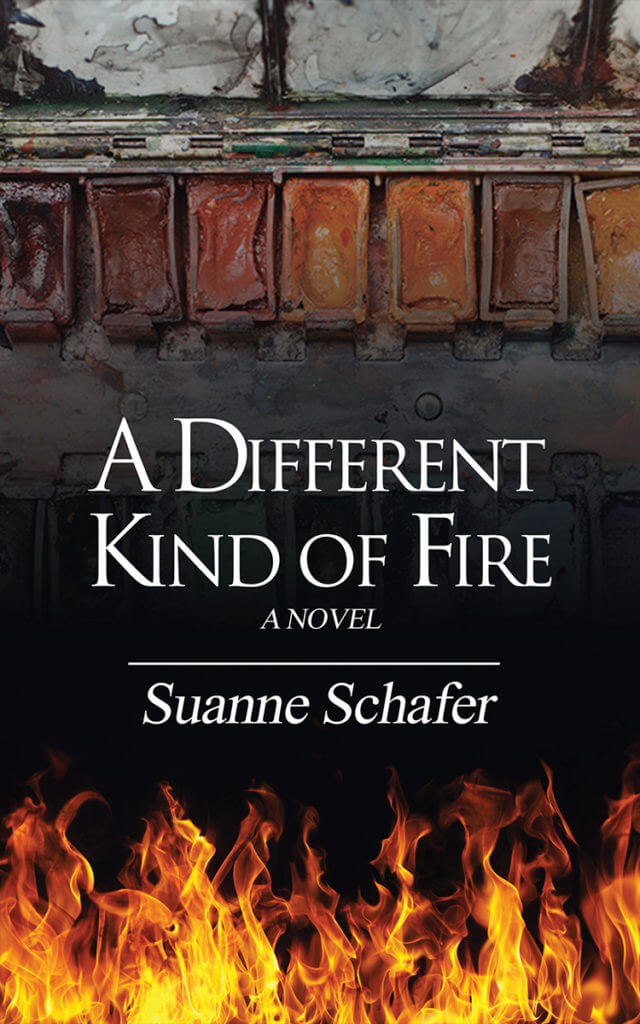Kathleen M. Basi joins me today for a chat about her debut novel, A Song for the Road. She is the quintessential jack-of-all trades writer: musical composer and songwriter, feature writer, essayist, nonfiction author, and of course, storyteller. Basi spent her childhood drawing inspiration for stories from the fields and trees on her family’s farm…when she wasn’t climbing on tractors and jumping off hay bales. Now, as mother to three rambunctious boys and one chromosomally-gifted daughter, she doesn’t have to look any farther than her kitchen table.
SS: Welcome, Kathleen. Can you share a bit about your background?
KMB: I’m a mid-Missouri farm girl, and I mean farm: beef cattle, hogs, soybeans, corn, combines and tractors, jumping off hay bales—the whole works. We raised chickens and grew and canned most of our vegetables.
I have three sisters, and we only had one bathroom. (My poor dad!) We are a very musical family, but I’m the one who internalized it most fully. I give full credit to my parents, who raised us in tremendous financial hardship (I was a child of the 1980s, when farms were going under left and right) and still supported me in pursuing a degree in flute in college! Now I write music as well as novels.
SS: I’m from a West Texas ranching family so I identify with the cattle and chicken, the tractors, and the hay bales. Hilary Mantel (Wolf Hall) says that a Catholic upbringing is the only qualification a writer requires. Can you relate to this idea? Do you have any similar writing qualifications?
KMB: Ha! As a Catholic myself, I think I’ll be pondering that for quite some time! I’d say my biggest writing qualification is that I analyze everything. I’m one of those people who can nitpick a subject to death and still have more to say.
SS: What was your first recognition/success as an author?
KMB: It was actually in music. Like Miriam in A Song for the Road, I am a church choir director, and although I’ve been writing fiction since elementary school, my first publications were music. It took eight years, though! Funny story: I was sitting in front of the computer, nursing my firstborn and checking email, when I received my first acceptance. Also, there was a water heater repairman in the next room. I screamed and scared everyone!
SS: Cute story. What was an early experience where you learned that language had power?
KMB: You know, the first thing that comes to mind is not a particularly “early” experience, but it’s a powerful one. Like a lot of other people, I grew into the use of certain idioms to express snark or irritation. I’m ashamed to admit that “retarded” was one of them.
Then my second child was born—a daughter who has Down syndrome. Suddenly I realized how offensive it was to use that term as an insult or dismissal. Ever since, my husband and I have been on a crusade to eradicate it.
I’d always rolled my eyes when people took offense at certain figures of speech. Being on the other side of that equation was earth-shattering, and I don’t use that word lightly. It highlighted the power of language to build up or to tear down, to unify or to divide. That’s a responsibility I take very seriously now.
SS: Do you believe in writer’s block? How about reader’s block?
KMB: Writer’s block is real. I’m always excited when I start, but around a third of the way in (no coincidence it’s the “sagging middle”), I start questioning the book’s importance. Then I realize my characters have something to say, and I question my ability to communicate it. Once I get past that, I’m over the hump. As for reading, well, not every book is right for every person. Reading is one of life’s great gifts; it should be enjoyed—if it’s a chore, it’s time to move on!
KMB: If I get stuck, I get on my bike or walk around, talking to myself out loud. These days I also repeat: “Keep it simple! Keep it simple!” because I tend to make things way too convoluted.
SS: In twenty-five words or less, tell me why a reader should start your book next.
KMB: A Song for the Road explores grief through a lens of rebirth and renewal and hope, with humor and the magic of the open road.
SS: Can you share with us a bit about the moment when the idea for your novel first popped into your head? Did the idea come to you all at once, or did different pieces of the story come to you over time?
KMB: One morning I woke up from a vivid, emotional dream in which I was standing in a beautiful place at the end of a long journey, looking at the place where my family had died. The emotional punch of that moment remains with me to this day, even though the details of the dream faded within minutes. It’s grief and joy and peace all at once. Lying in bed that morning, I knew I had the kernel of something truly beautiful, but it took several years and many iterations before I was able to draw Miriam’s story out of that single, poignant image.
SS: A good ending should fix the shape and meaning of the whole novel. How did you make sure yours did exactly that?
KMB: I knew the image from that dream was the end of the book. I just had to figure out how to get there. A book on this topic could easily become very heavy—depressing, even. I knew I had to keep that beautiful, hopeful emotion from my dream in the center of the story. Eventually, I settled on a symbol—flowers—that bookends the story and ties together the beginning and end of her emotional journey.
SS: Was the decision of how to structure the novel obvious?
KMB: I was trying to decide which of two novels to write, and I picked this one because I thought the structure of the road trip would make the book write itself. (Spoiler alert: it doesn’t work that way!) But I was right about the structure. Each section of the book is centered around the next stop on the road trip.
SS: What is a fun or strange source of inspiration that ended up in your book (a name, location, line of dialogue, etc.)?
KMB: While I was planning Miriam’s road trip, I stumbled across a website called Roadside America that lists fun and quirky quick stops in every county in the U.S. There were a ton of hilarious ones—a big ketchup bottle in Illinois, for instance. But the one that made it into the book was the UFO Watchtower in Hooper, Colorado. I want to spend the night on that platform!
SS: Mark Rubinstein (Beyond Bedlam’s Door: True Tales from the Couch and Courtroom) says “Without chaos, there’s very little story to tell.” What’s the central conflict in your story? What’s the source of chaos?
KMB: The central conflict in A Song for the Road is one most of us can relate to: Miriam feels she didn’t love her family well enough. She never reconciled the tug-of-war between family responsibility and her own interests and aspirations, and so she undertakes this road trip as a self-sacrificial pilgrimage—a promise to give herself entirely to them.
Of course, it doesn’t work out that way, because almost right off the bat she picks up a sassy firecracker of a hitchhiker named Dicey, who is young and pregnant and won’t let Miriam wallow. Between Dicey and the unpredictability of the people she encounters on the road, there’s nothing but chaos!
SS: What advice would you give aspiring writers?
KMB: This is my standard advice that my critique partners are sick of hearing. I don’t like hearing it either, when it’s my turn to ponder it, but it has yet to prove untrue: If you’re beating your head against it, it probably isn’t supposed to be there!
SS: How do you feel about the relationship between love and marriage? How do these impact your women’s fiction?
KMB: To me, love is what it’s all about. When I first started writing, I thought I wanted to write romance because I love “love stories”! But everything I wrote ended up going way deeper than romances do. When I discovered that women’s fiction, I knew I’d found my authorial home.
We get love all wrong as human beings. There’s never been a golden era—in every age, we’ve messed it up. Every time we correct one dysfunction, we discover another one. But after 21 years of marriage, I’m more convinced than ever that a healthy, “until death do us part” love is incredibly live-giving—even if keeping it that way requires a lot of work! But it can offer such stability and security in a chaotic, messy world. I want to write stories that shed light on what real love looks like, in the hope of illuminating the emotional journeys of the women and men who read my work. That’s the beauty of fiction—it gives us a new entry point to reflect on our own lives.
Lightning round! Describe your books in 3 words: Poignant, uplifting, inspiring.
Favorite thing about your genre? Finding beauty in ordinary life.
Another genre that you would love to write: Historical fiction.
When writing, are you a night owl or morning person? Option C: burn-the-candle-at-both-ends person. (But really, I’m at my best in the morning.)
Pantser or Plotter? Plotter!
Your favorite guilty pleasure: Fair trade dark chocolate sea salt caramel!
Number one book boyfriend or girlfriend is: Please. Darcy, of course!
Who’s your favorite women’s fiction author? So, so many! Here are a few: Nicole Baart, Katherine Reay, Louise Miller, Marisa de los Santos, Sonja Yoerg.
********************
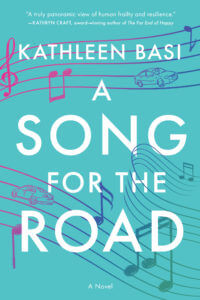
Amazon | B&N | Target | IndieBound
Cheryl Strayed’s Wild meets Katherine Center’s How to Walk Away in Kathleen Basi’s debut novel about an unconventional road trip and what it means to honor the ones we love.
It’s one year after the death of her husband and twin teenagers. Miriam Tedesco has lost faith in humanity and herself. When a bouquet of flowers that her husband usually sends her on their anniversary shows up at her work place, she completely unravels. With the help of her best friend, she realizes that it’s time to move past these deaths. Step one is not even cleaning out her family’s possessions, but just to take inventory starting with her daughter’s room. But when she opens up her daughter’s computer, she stumbles across a program written by her daughter to embark on an automated cross country road trip, for her and her husband to take when they would have begun their empty-nesting in a few more months.
Seeing and hearing the video clips of her kids embedded in the program, Miriam is determined to take this trip for her children. Armed with her husband’s guitar, her daughter’s cello, and her son’s unfinished piano sonata, she embarks on a musical pilgrimage to grieve the family she fears she never loved enough. Along the way she meets a young, pregnant hitchhiker Dicey whose boisterous and spunky attitude reminds Miriam of her own daughter and forces her to look harder at what she had rather than what she’s lost.
Tornadoes, impromptu concerts, and an unlikely friendship … whether she’s prepared for it or not, Miriam’s world is coming back to life. But as she struggles to keep her focus on the reason she initially set out on this journey, she has to confront the possibility that the best way to honor her family may be to accept the truths she never wanted to face.
Hopeful, honest, and tender, The Lost Song is about courage, vulnerability, and forgiveness, even of yourself, when it really matters.
********************
You can follow Kathleen on social media here:
Website | Facebook | Instagram | Pinterest
********************
This post contains Amazon Affiliate links. As an Amazon Associate, I earn a small amount from qualifying purchases.
